Climate change and cocoa farming
In Indonesia, the factors contributing to the decline in cocoa production include effects of climate change; aging trees prone to pests and diseases; and lack of scientific knowledge on the crop, at the farm level.
To determine a set of best breeding and agronomic practices, researchers, plant scientists and agronomists looked for a way to collaborate through laboratory and field-based experiments in the cocoa fields in Indonesia. The Internet of Things (IoT) solves one of the major challenges of access, via remote monitoring systems. The Indonesian cocoa farms and research stations are located in far-flung areas that previously required experts to travel for days in arduous conditions to access the field and the data.

|
Scooped by
Judy Curtis / SIPR
onto Smart Cities & The Internet of Things (IoT) December 15, 2015 1:33 PM
|


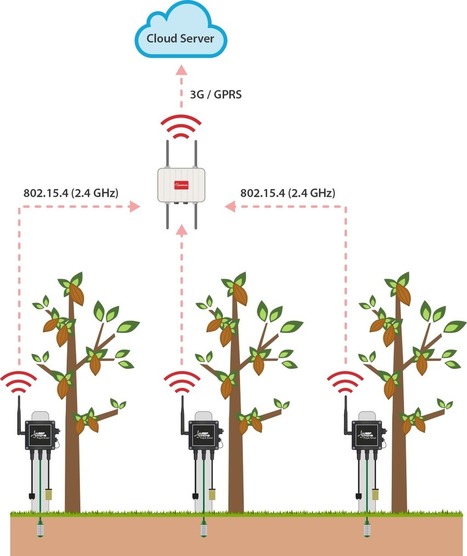


 Your new post is loading...
Your new post is loading...





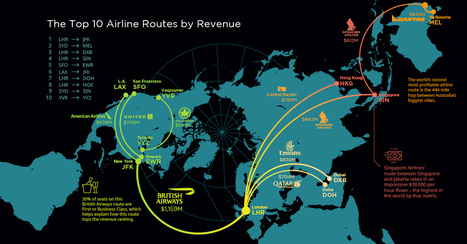


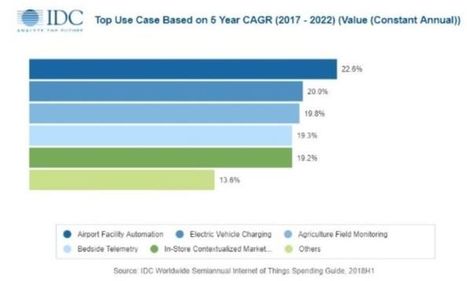

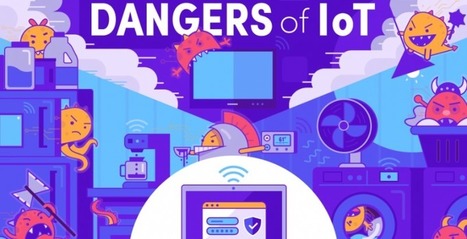




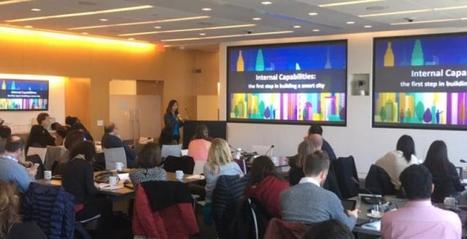
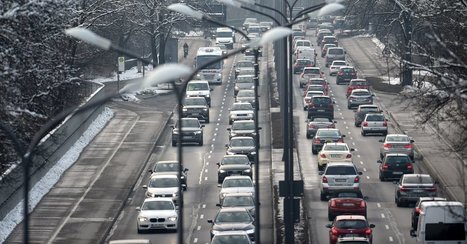



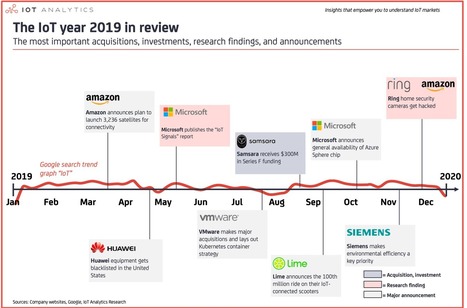
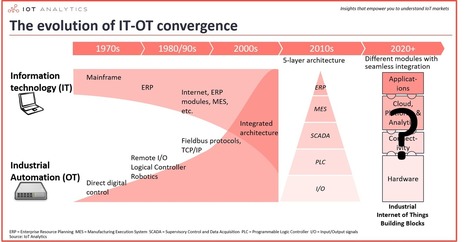

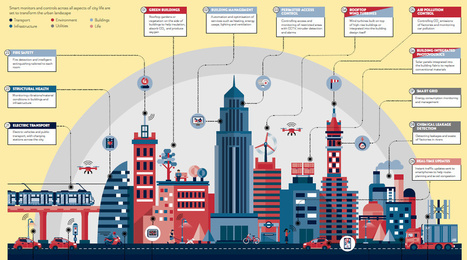

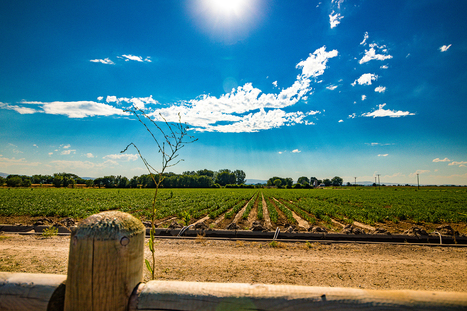


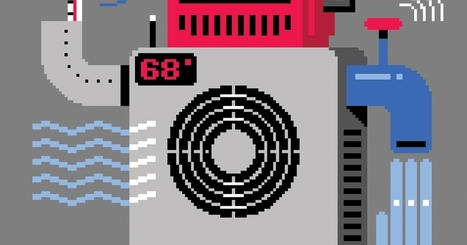

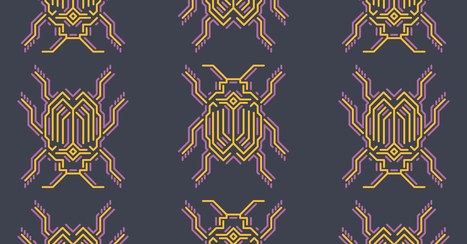







Modern farming methods based on wireless sensor technology can boost productivity, create economies of scale, and help communities thrive. Singapore-based IoT solution provider BioMachines designed a wireless sensor network system integrating Libelium's Waspmote Smart Agriculture sensors to measure environmental parameters in the cocoa fields of tropical Indonesia. The solution collects environmental data from laboratory and field-based experiments, and facilitates knowledge transfer to cocoa farmers.